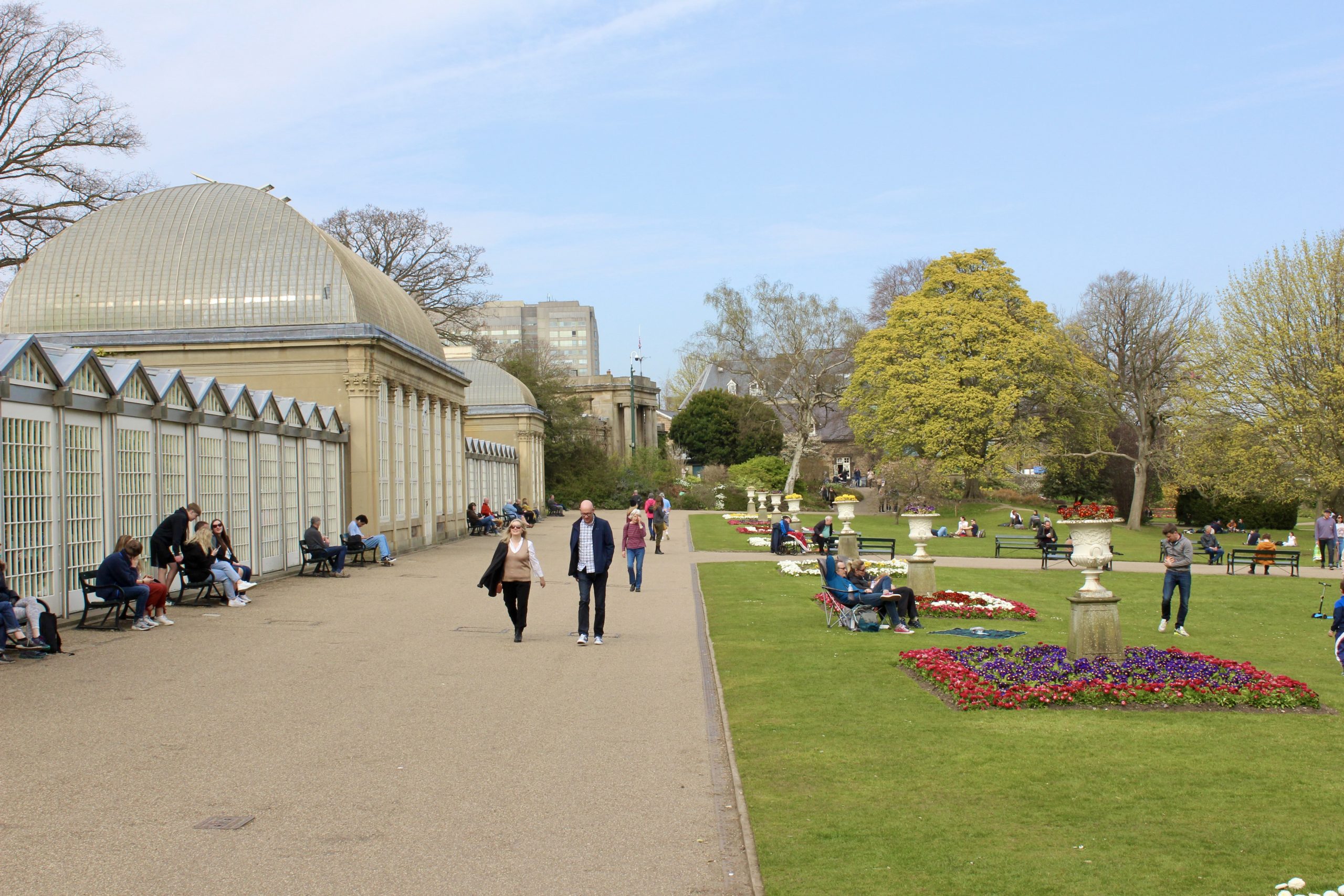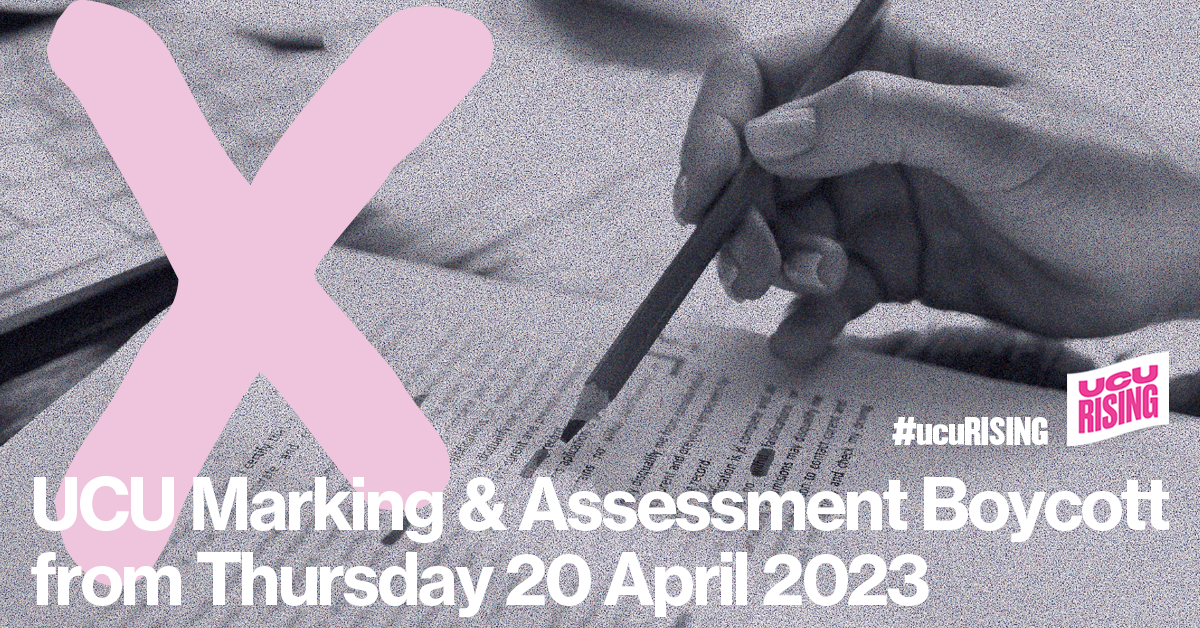“Sheffield is one of the greenest cities in the UK”, said Emily, and David, and Francesco. In short, there is citywide-pride for Sheffield’s green spaces, and for many people they symbolise so much more. The parks are a space to dwell over memories, and stories from childhood and adulthood. The green spaces mean good mental health, wellbeing, fresh air.
The twenty-first century has not been easy on nature. Climate change, pollution, deforestation, urbanisation. The threats are bigger and more frequent than ever, with developers and politicians caught between metropolitan growth and protecting the natural world.
On Earth Day, it is important to take a closer look at some of those treasured spaces. How they are preserved, how they helped the community during lockdowns and what can be done in the future to improve them.
Councillor Mary Lea, Cabinet Member for Culture, Parks and Leisure, said:
“Sheffielders value their parks and are very positive about them.
“Parks and green spaces are absolutely fundamental to good health. We take pride in our parks and green spaces and work with friends’ groups and the community to enhance, keep them safe and raise additional funds”.
Last year, Sheffield was recognised once again with the Green Flag Award, and the Councillor is already looking to maintain this recognition in the following years. However, the past few months have posed some stress on this ‘green view’ of Sheffield, with contractors being granted licenses to build on parks. Is a construction boom a threat to “one of the greenest cities”?

Weston Park, Sheffield. ©Nuria Mateus
In a survey conducted by the government in February, half the interviewed people said they tend to spend their free time outside in green and natural spaces. Many prefer walking and dog-walking, while others just go to watch wildlife or play with their children.
“[The green spaces] are really important, especially during the pandemic, when you can’t travel so far. And being stuck in the city it is really nice to have somewhere that feels like countryside, fresh air and nature. It’s really good for the mental health”, said Ashley, a 25-year-old woman sitting on Weston Park.
“I just love to be in the parks, whether it is walking, running or just looking around”, said David.
The same report shows that, since the coronavirus restrictions began, visiting local green and natural spaces became more important to people’s wellbeing, and 89 percent agree that spending time in those spaces has a positive impact on their mental health.
Even children are increasingly concerned about nature and what they can do to preserve it. The People and Nature Survey for England: Children’s survey shows that eight-in-10 of 1,501 children interviewed agreed that they are willing to do more to protect the environment.
“When I was younger my parents would always take us out into the Peak District, and I used to absolutely hate it. But I have just learned to love it and I am grateful that they did”, said Emeron, a 20-year-old woman, soaking up the day’s sunshine from a bench in Sheffield Botanical Gardens.

Sheffield Botanical Gardens ©Nuria Mateus
In the past few months, several green spaces in the city have been targeted by developers. Owlthorpe Fields, Loxley Valley and Hollin Busk are all facing the same problem and, while permission to build was granted on the first site, the other two are still facing inquiries.
In an open letter published last week, the Owlthorpe Fields Action Group announced their decision to withdraw from a Statutory Review of the Appeal Decision. The group is devastated by the decision and they said they will continue to fight in other ways.
“We are outraged it has come to this, and rightly so. Democracy is undermined, our community feels ignored and powerless, and the environment is under attack.
“Central government pay lip-service to their ‘Build Back Better’ mantra and simply want to ‘Build, Build, Build.’ In our view, the decision by the Planning Inspectorate is sheer lunacy in the face of climate change, but it also undermines the democratic process in our Country”.
Martin Phipps, Green Party Councillor said: “Sheffield Green Party were really disappointed by this decision and campaigned for the application to be rejected. Our green belt is incredibly important to the environment and our health and wellbeing. Trees and green spaces are important carbon stores and allowing this development is not in line with the council’s declaration of a climate emergency made in 2019”
Councillor Mary Lea made some reassurances: “The developer at Owlthorpe won the appeal and the development will go ahead. However, we plan a green corridor from Beighton through to Owlthorpe working with local groups”.
The Loxley valley planning inquiry is still going on this week and no decision has been made yet. The Friends of the Loxley Valley said in their website:
“Building new suburbia in the heart of the Loxley valley will create an isolated, car-dependent township, remote from local amenities and damaging to Sheffield’s precious Green Belt countryside”.
On the matter of the building versus nature debacle, the residents of Sheffield are not keen to support these new developments.
“I do not think the solution is just converting parks into houses. It is not good for the environment. The buildings are quite horizontal, maybe try to build more vertical to optimize the space”, said Francesco.
These concerns are supported by other parks enthusiasts.
“Absolutely preserve nature. There are enough buildings, enough spaces in this city to build apartments. There are still plenty of buildings that are empty, they do not need to touch the parks. I will gladly march against any planned development in any of the parks. It is wrong!”, said David.
“I understand it must be difficult to balance it, but it is bad to get rid of the green spaces completely. Also, for the environment and global warming, I think it is important to keep trees and green areas”, finished Ashley.

Endcliffe Park, Sheffield ©Nuria Mateus
With the sites holding so many memories and personal stories, it is even harder not to have an emotional connection to those spaces. This is the case with David. Since he was child, he has been spending his free time outside in Sheffield parks.
“I grew up in Crookes and there is a big park called the Bolehills, so it was my playground when I was a kid. I was just there every day.
“We used to come down here [Weston Park] on May bank holiday and there was a parade called the Whitsun Parade, and this park was just packed full of people. Picnics and doing this big march around.
“Also in the Winter, coming here with the lake frozen and the snow down and grandma lived just down there, and we used to walk around and go to the museum. It is got good memories for me this park. It is a nice place”.
David left us with a plea urging people across Sheffield to do their bit to preserve these cherished green spaces:
“Look after them. Do not take them for granted. Do not dump your litter. Put your rubbish in the bin and just respect what surrounds you. Respect nature. They are yours, they are the people’s. People have got to take some responsibility to look after them”.




